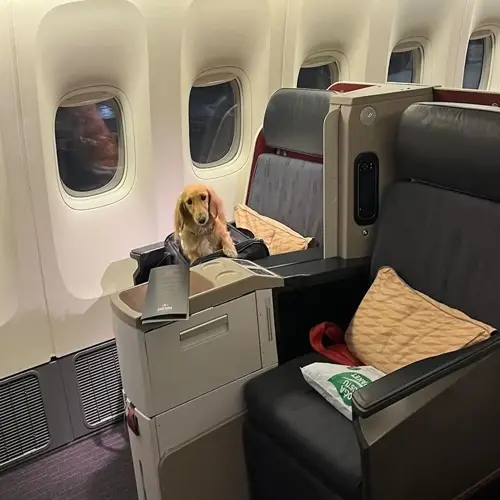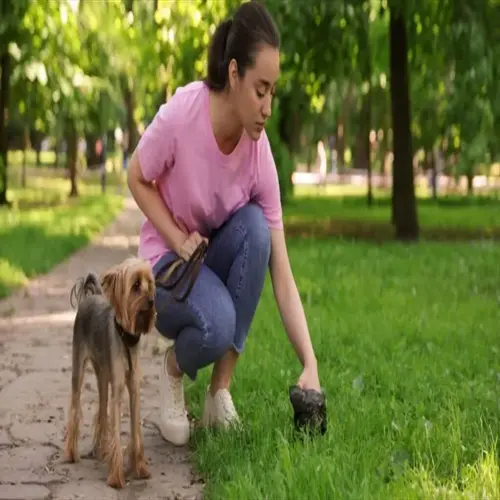What's the difference between K9 training and general dog training?

Written by
Hoang Long
Reviewed by
Prof. Edward Clarke, Ph.D.By making the distinction between K9 training and general dog training, one can better understand certain careers in dog training. K9 training is the specialized training of dogs for tasks such as detection work or protection work. General training consists of training at a household level. It is generally geared towards problem-solving and the production of obedience. Each area of specialization requires special skills and methods to be successful.
Training Objectives
- K9: Develops task-specific skills like scent detection
- General: Builds basic obedience and household manners
- K9 dogs master complex commands for professional work
Methodology
- K9: Intensive focus drills with high-drive conditioning
- General: Positive reinforcement for everyday situations
- K9 sessions simulate real-world operational environments
Certification
- K9: Requires specialized credentials like police K9 units
- General: Follows CCPDT or Karen Pryor certifications
- K9 handlers need tactical deployment qualifications
Outcome Measurement
- K9: Evaluated on mission success rates
- General: Assessed through family harmony improvement
- K9 standards include precision under extreme stress
K9 training requires advanced conditioning techniques. Dogs learn scent discrimination as it relates to narcotics detection and controlled aggression for apprehending suspects. This training requires months of specialized drills. Handlers develop a deep bond through various tactical scenarios. This is a substantially different training method from than for family pets.
General trainers deal with everyday situations. Leash behavior and recall commands are among the standard challenges. Separation anxiety reduction is also a common cause for training. I try to individualize the approach for each family's lifestyle. The sessions stress the use of positive reinforcement during normal times. The goal is to have a stress-free coexistence in the home.
Career paths are markedly different. K9 trainers typically collaborate with military or police units. They also need tactical certification in the field. General trainers develop private practices serving families. My general training practice is devoted to puppy socialization programs. Each area serves important but different social needs.
Each profession requires a unique skill set. K-9 trainers know how to work sequences of operational commands. Trainers understand the phases of growth in puppies. Credentials are available between the two, depending on which specific skill you would rather have learned, specialty workings or general household behavior.
Read the full article: Professional Dog Training: Ultimate Career Guide

